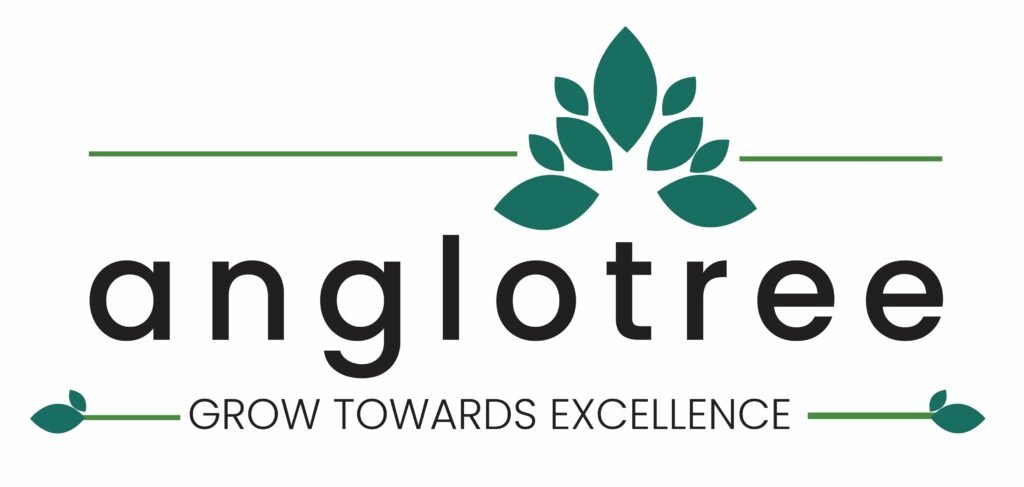Writing an essay is a form of writing which offers the author’s argument, but sometimes the definition is indeed ambiguous, sometimes overlapping with that of an article, best online spell check a letter, a report, a novel, and a short story. Essays are normally categorized as both academic or casual, formal and academic. In academic writing, essays are often required to be both research-based and somewhat formal in character. Essay writing for the humanities or creative writing is much more experimental in nature, often featuring a powerful personal or psychological element. Many essays to the latter type contain strong storyline elements that encourage and push the reader’s point of view towards its final completion.
The structure of a composition is developed on a logical arrangement, which normally follows the logical decision. The debut is the first paragraph of an essay, and the entire body of the work could then be further developed through the conclusion. The introduction introduces the topic or issue being discussed, the main thesis being presented, along with the evidence provided to support this thesis. The thesis is the most authoritative part of the essay, since it’s by far the most persuasive of all of the arguments presented throughout the remainder of the piece. All other arguments are predicated on this argument.
The body of the writing is divided into three parts: the main points, which would be the most significant statements; an overview of the main points, which presents the big picture; along with closing remarks, which summarize and rebut the main points. It should be kept in mind that while writing this article, you should avoid any immediate opinion or personal interpretation of the facts and data presented. You need to present an argument that has been logically endorsed and can be supported by the facts and data you’ve accumulated. For instance, when you’ve researched a specific aspect of background, you should go over this in your essay, instead of an opinion or personal interpretation of events.
The end is the most important part of the entire essay. It presents your own arguments presented in the introduction, rebutting some of the arguments presented in the introduction, and closes with a review of the outcomes of your study. The conclusion isn’t necessarily the same for every writer, but it needs to be composed in such ways as to leave the reader with a certain opinion, either for or against the thesis statement you mentioned in the introduction. Each author has their own manner of composing the conclusion. Some use a single sentence to say their conclusive point, but others divide the paragraph into two elements with the conclusion appearing in the next part, while the introduction is presented from the first.
1 thing to remember when writing a conclusion is that your reader is left with a definite answer to a question they may have asked at the start of the essay. If the reader renders the essay with more questions than answers, you have failed in your job. In order to complete a logical and corrector de parrafos comprehensive conclusion, you need to provide valid justification for the claims and must rebut some of the arguments presented in the intro paragraph. To reach this decision, you should write your thoughts out on a bit of paper. However, before beginning writing, make sure you cover each the probable angles of this argument, beginning from the very obvious. Then type your ideas onto a Word document so you may review it later.
Another way to achieve a logical arrangement in your article is to keep the paragraphs as well as also the introduction and conclusion consistent with the remainder of the essay. Each paragraph should build on the prior one. Any leaps you make in the logic of your argument should be supported by the prior paragraphs. Each decision should wrap up the introduction and the end properly, using appropriate language. By following this format as you start your essay, you’ll discover that it functions together properly and is easier to write than it might have been.
